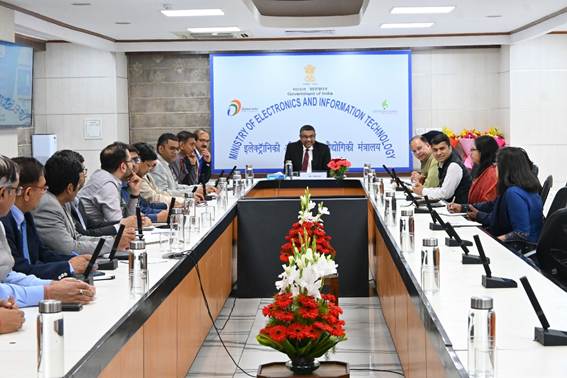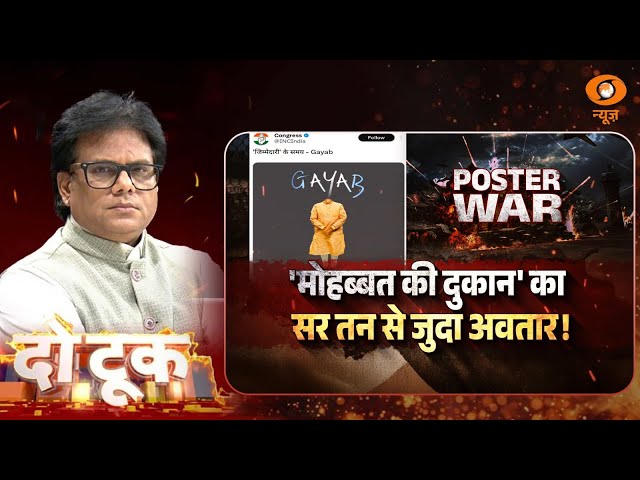External Affairs Minister S. Jaishankar reiterated India’s firm support for a two-state solution to the Israel-Palestine conflict, emphasizing the importance of addressing terrorism and hostage-taking in global discourse.
Speaking in the Rajya Sabha on Thursday, Jaishankar defended India’s decision to abstain from certain United Nations General Assembly (UNGA) resolutions on the Gaza conflict, stating that these resolutions failed to capture the full scope of the situation.
Jaishankar clarified India’s stance in response to TMC MP Saket Gokhale’s inquiry, asserting, “We support the two-state solution and have been public and unambiguous about it. There should be no confusion regarding our position.”
When asked about the International Criminal Court’s (ICC) arrest warrants against Israeli and Hamas leaders, Jaishankar noted that India is not an ICC member. “India decided not to join the ICC after thorough deliberation. Therefore, its decisions are not binding on us, and we have not taken a formal position on this matter,” he said.
The minister also highlighted India’s longstanding humanitarian support for Palestine. He detailed contributions to the United Nations Relief and Works Agency for Palestine Refugees in the Near East (UNRWA), adding a significant increase in annual aid from $1 million to $5 million under the current government. Additionally, he mentioned the provision of over 165 metric tons of medicines and other supplies to Palestine and Lebanon in recent years.
Regarding Israel’s ban on UNRWA, Jaishankar confirmed India’s unwavering commitment to its contributions, saying, “We continue to stand by our decision and have released the latest tranche of support to UNRWA.”
Explaining India’s abstention from some UNGA resolutions, Jaishankar emphasized that these lacked balance and failed to address critical aspects such as the October 7 Hamas attack, terrorism, and hostage-taking. “As a country that has suffered from terrorism, India cannot support resolutions that underplay such acts. Resolutions must be well-drafted, balanced, and reflect the entirety of the situation,” he said.
Jaishankar reiterated India’s condemnation of terrorism and hostage-taking while advocating for adherence to humanitarian law and minimizing civilian casualties. He stressed India’s call for a ceasefire and an end to violence in the region, adding that India’s position remains consistent and principled.
The Gaza conflict escalated after Hamas launched an attack on Israel on October 7, 2023, prompting a large-scale Israeli counter-offensive. Prime Minister Narendra Modi was among the first global leaders to condemn Hamas’ actions, while also urging for a ceasefire and the unconditional release of hostages. India continues to advocate for the two-state solution as the pathway to resolving the long-standing conflict.
(Inputs from ANI)




















